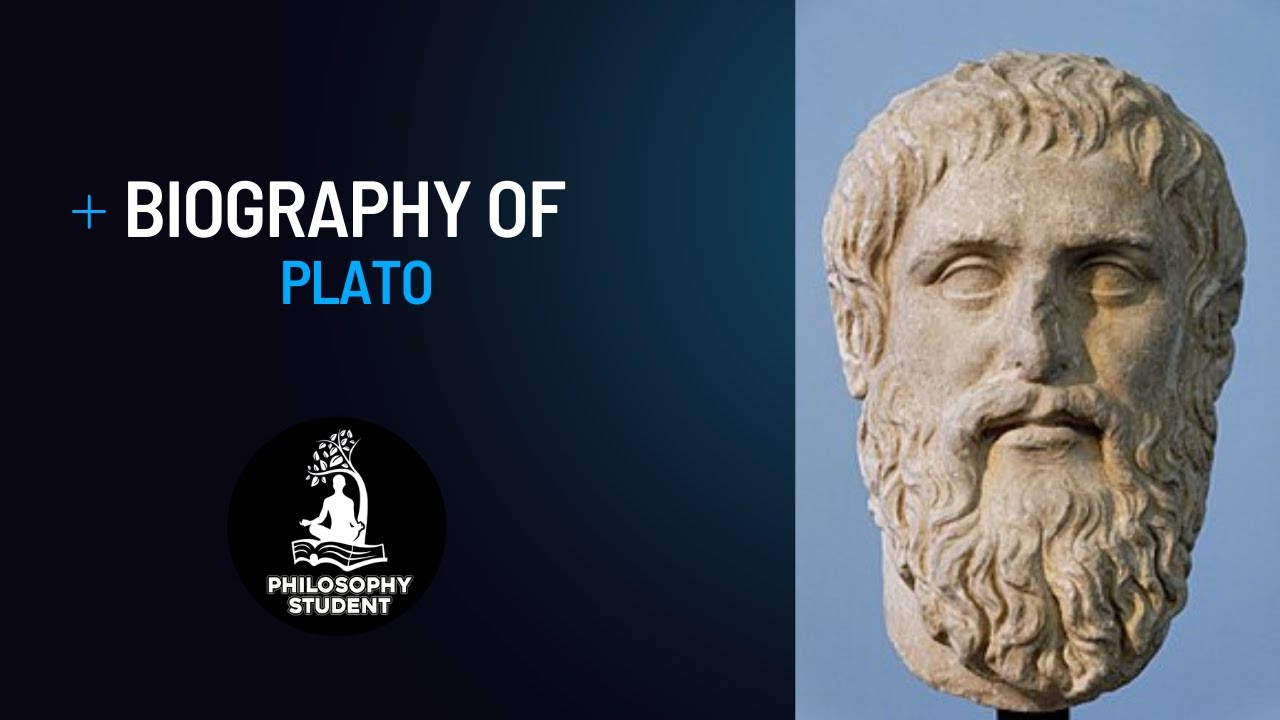With his teacher, Socrates, and his student, Aristotle, Plato is one of the triumvirate of Greek philosophers who are credited not only as seminal in creating the discipline of philosophy, but of being among the creators of the Western tradition of thought. Moreover, as the founder of his famed Academy, Plato may be considered the creator of the world’s first institution of higher education.
Plato was born about 428 BC in Athens. His family was prominent and aristocratic, and Plato himself was attracted to a career in politics, but developments in Athens prompted him to change course. To begin with, Athens fell victim to the terroristic reign of an oligarchy, which was replaced by a democratic government that nevertheless condemned his friend and mentor Socrates to death. After that event in 399 BC, Plato left Athens and traveled widely. He visited the court of Dionysius I, tyrant of Syracuse, in 387 and endeavored to teach the royal family the principles of philosophical rule. He made two more trips to Sicily, in 367 and 360, but failed to make a dent with his attempts at educating them. He did, however, have epoch-making success with his Academy, which he founded in Athens in 387. It was around this institution that his life revolved until his death in 347. Not only did he cultivate the minds of his students, in the process creating a great philosophical legacy, it was in the Academy that he wrote his twenty-five Dialogues and thirteen Letters (the authenticity of which is disputed).
The dialogues cover a very wide range of material, addressing the philosophy of justice (Republic, Gorgias); epistemology and knowledge (Theaetetus); and religion (Euthyphro). Others deal with relationships among various things. In Protagoras, it is the relationship of virtue to knowledge; in Phaedo, between body and soul.
The great philosophical method common to all the Dialogues is the use of question and answer to discover truth. Additionally, in all but one of these works, Socrates is the principal interlocutor. Plato, the author, never steps from behind the curtain. One acute side effect of this is that we do not know which philosophical concepts are original to Plato and which belong properly to Socrates. Most important is the Theory of Ideas, the philosophical concept conventionally attributed to Plato that argues the ultimate unreality of the world and ultimate reality of ideas. Generation upon generation of philosophers have identified the Theory of Ideas as Plato’s single greatest contribution to philosophy—and yet the theory is brilliantly contested from within several of the Dialogues, so that it remains a titanic point of controversy in philosophy. And even this most “Platonic” of Plato’s theories is attributed—by Plato—to Socrates and not to himself.
Plato is associated with several philosophical doctrines that have exerted a powerful influence over Western thought. The first is that the world as conveyed to us by our senses is inherently flawed and stands as a screen between our minds and the true realm of “Forms” or “Ideas,” which are perfect and, because they are perfect, real. Plato recognized certain abstract objects—such as being, goodness, beauty, likeness, sameness, difference, change, and changelessness—as, in their approach to Ideas or Forms, nearly perfect.
Thus, for Plato, reality was bifurcated between the flawed information conveyed by our senses and the perfect information that could be apprehended by the properly educated mind. Virtually all Plato’s philosophical works revolve around this duality of vision. As a matter of seeking truth and acting ethically, Plato urged his readers to transform their values by embracing the Forms and rejecting as defective and lesser the phenomena of the physical world.
For Plato, the soul held a special place in his bifurcated view of reality. It does not depend on the body for its functioning and works most efficiently when it is free from attachment to the physical world. The soul functions as the repository of Forms, carrying them into life after birth separates the soul’s possessor from them. The soul can know the good, which is to be found in the Form of the good.
All that Plato wrote, except for Laws, is dominated by his late teacher, Socrates. Because Plato knew and revered Socrates as his mentor, he is assumed to be providing insight into him as he portrays Socrates in his works. How much of the philosophy spoken by the Socrates “character” in the Dialogues indeed originated with Socrates and how much is the invention of Plato cannot be determined. So, at best, the intellectual portrait of Socrates Plato creates in The Republic and other works is an evocation and, likely, a blend of Socrates and Plato. Modern philosophers assume Plato is using Socrates as his mouthpiece because he was widely respected and revered. No modern philosopher has expressed the belief that Plato has transcribed the words of Socrates with literal accuracy.
In his own time, Plato’s greatest contribution to the civilization around him may well have been his effort to educate a generation of statesmen with the noble objective of producing the Philosopher King, the ideal ruler. To posterity, Plato left the great philosophical (and educational) method of the Socratic dialogue, by which truth is arrived at through progressively deeper questioning. At the heart of his philosophy is idealism, which holds that only Ideas (Forms) contain the true nature of things as physical form cannot. This notion animated Western thought for some 2,400 years. Plato died, perhaps in his sleep, in his ninth decade, in 348 or 347 BC.



































